Maurice De Saxe
(1696 – 1750 ce)
France’s hungover genius who turned war into opera, victory into vice, and himself into legend.
"War is a woman: unpredictable, expensive, and impossible to quit once you’ve had her."
— Maurice de Saxe (allegedly, after a night with both)
Picture it: Fontenoy, 1745.
The air is French—thick with smoke, perfume, and arrogance. Drums pound. Muskets cough. And through the choking haze strides a bear of a man in a powdered wig, too fat to ride a horse and too proud to care. His uniform strains against his gut; his heart strains against the liquor. His enemies, the British, Dutch, and Austrians, are forming neat, suicidal lines. His men are forming less neat but equally suicidal lines. And Maurice de Saxe—bastard son of a Polish king, veteran of every war worth fighting and several not—is about to turn the whole mess into his masterpiece.
The Marquis de Saxe had no illusions about glory. He’d tasted it too many times to mistake it for virtue. He’d fought for whoever paid him: Saxons, French, Russians, the devil himself if he offered back pay and a decent tailor. He was a soldier first, a bastard second, and a romantic third—which meant he’d never truly fit anywhere civilized.
Born in Sin, Raised on Gunpowder
Maurice was the illegitimate son of Augustus the Strong, King of Poland and serial fornicator. The old man could snap a horseshoe in his hands and fathered so many children he could’ve populated a small regiment with his bastards alone. Maurice inherited the biceps and the libido but none of the political caution. By twelve, he was already in uniform; by fifteen, he’d fought in Flanders; by eighteen, he’d stormed fortresses for fun.
He had the appetite of a Viking, the ego of a Bourbon, and the tact of a cannonball. He gambled, drank, duelled, seduced, and occasionally commanded armies between the sheets. He once tried to seize the throne of Courland (a minor Baltic backwater) mostly because it sounded impressive and came with free serfs. He even married for money—a rich widow he promptly abandoned because, as he told friends, “she was a fine woman, but regrettably alive.”
But somewhere beneath the tavern stench and the venereal bravado, Maurice had a brain sharper than his sword. He read, studied, and thought about war as art—a performance piece in blood and geometry. He understood men: their vanity, terror, and need for spectacle. He believed an army should move like a living creature—flexible, sensual, cunning. He even wrote a treatise, Mes Rêveries, full of revolutionary ideas about mobile warfare and combined arms. Napoleon would later plagiarize parts of it, though with less charm and more artillery.
The Fat God of Fontenoy
By the time Louis XV hired him to lead French forces in the War of the Austrian Succession, Maurice was well past his dueling weight and held together by silk, morphine, and spite. He lived in a rolling headquarters called La Machine, a luxurious wagon complete with bed, library, and rotating mistresses. He was so chronically ill that he sometimes commanded battles from a litter—but he still out-drank, out-thought, and out-killed men half his age.
In 1745, his masterpiece arrived: the Battle of Fontenoy.
The Allies—British, Dutch, Austrians, Hanoverians, basically every Protestant who hated fun—marched into Belgium to kick the French crown’s teeth in. Maurice de Saxe had maybe 50,000 troops, most of them ill-fed, ill-paid, and illiterate. He turned the battlefield into a deathtrap: redoubts hidden in the woods, artillery sighted on every approach, a perfect invitation to slaughter wrapped in Gallic charm.
Then came the English infantry—redcoats polished, boots gleaming, marching like they were late for tea with God. The Duke of Cumberland, George II’s thick-necked son, led them personally. They advanced with terrifying discipline and even more terrifying confidence, blasting holes through the French line.
Maurice, lounging in his litter, ordered no retreat. Instead, he watched his lines bend and bleed until the Allies were deep enough to be butchered. Then, like an overweight chess master flicking a final piece, he unleashed the Irish Brigade and the Maison du Roi cavalry. The counterattack crashed in from both sides—bayonets, sabers, and fury.
As legend has it, an Irish officer shouted to the enemy, “Gentlemen of England, you fire first!”—the most polite suicide note in military history.
By sunset, the fields of Fontenoy were a soup of blood and bodies. The Allies retreated; the French cheered; Louis XV wept theatrically. Maurice de Saxe, reeking of sweat and glory, had delivered one of France’s greatest victories.
The Lover-General
In Paris, they called him le vainqueur de Fontenoy. He became a hero overnight—a walking contradiction in lace cuffs. The court adored him, though he despised the perfume-soaked politics of Versailles. His idea of diplomacy was sleeping with the ambassador’s wife and then asking for her husband’s troops.
He was also a compulsive builder. Between campaigns, he invented tents that unfolded like origami, fortifications that could be built in a night, and even a model army camp designed for hygiene and morale (a first for the French). He trained his soldiers like athletes and treated them better than the aristocrats did their dogs.
Yet his personal life remained a battlefield. He drank like a regiment, contracted every disease known to 18th-century medicine, and indulged in what one biographer gently calls “erotic exuberance.” He adored women—too much, too often, too disastrously. One mistress tried to stab him; another blackmailed him; all of them exhausted him.
By the late 1740s, his body was rebelling. He’d grown bloated, asthmatic, and half-rotten inside from years of hard living. But he still drilled his troops, still dreamed of war. France had found its perfect soldier—half genius, half monster, entirely mortal.
Death in Silk
Maurice de Saxe died the way all great mercenaries should: rich, bloated, and unsupervised. It was 1750, and he’d just been given the Château de Chambord as a royal reward. The place looked like a wedding cake carved by a lunatic, and Maurice promptly filled it with mistresses, hounds, and hangovers.
He was fifty-four when his body finally mutinied. Accounts differ—some say pneumonia, others say exhaustion or “a surfeit of pleasure.” In any case, he died in his sleep surrounded by courtiers and physicians pretending to help. His last words were supposedly, “All the same… it was magnificent.”
The French buried him with honors. The Prussians toasted him grudgingly. The British cursed him fondly. For a man who’d never truly belonged anywhere, that was close enough to heaven.
Aftermath and Myth
In the years that followed, Maurice de Saxe became something else: a myth of martial brilliance wrapped in decadence. Painters immortalized him as a marble demigod, poets romanticized his sins, and every subsequent general pretended to have read his Rêveries. Napoleon kept a copy by his bed—probably between Caesar’s Commentaries and a bottle of brandy.
Modern historians call him a “proto-Napoleonic strategist,” a man who understood maneuver warfare before it had a name. Soldiers remember him as the commander who made France believe it could win again. Cynics remember him as proof that genius and debauchery can, in rare cases, share a uniform.
Fontenoy itself became legend—a French Waterloo in reverse, a battle where charm beat discipline, and where a dying man in silk stockings outfoxed half of Europe.
He spent his life chasing war, women, and immortality—and caught all three, briefly, before they all turned on him.
He died victorious, drunk, and alone—the Holy Trinity of French generals.
Warrior Rank #188
Sources
Maurice de Saxe, Mes Rêveries (1756).
John A. Lynn, Giant of the Grand Siècle: The French Army, 1610–1715.
F. L. Petre, The War of the Austrian Succession.
Memoirs of the Marquis de Saxe, edited by his enemies and improved by their wives.
“The Battle of Fontenoy: A Toast to Death,” Journal of Military History, Vol. 42.
Letters from Versailles, an anonymous 18th-century gossip rag that understood generals better than most historians.
“Maurice de Saxe: The Fat Genius of France,” Drunk History of Europe podcast, probably recorded after too much cognac.

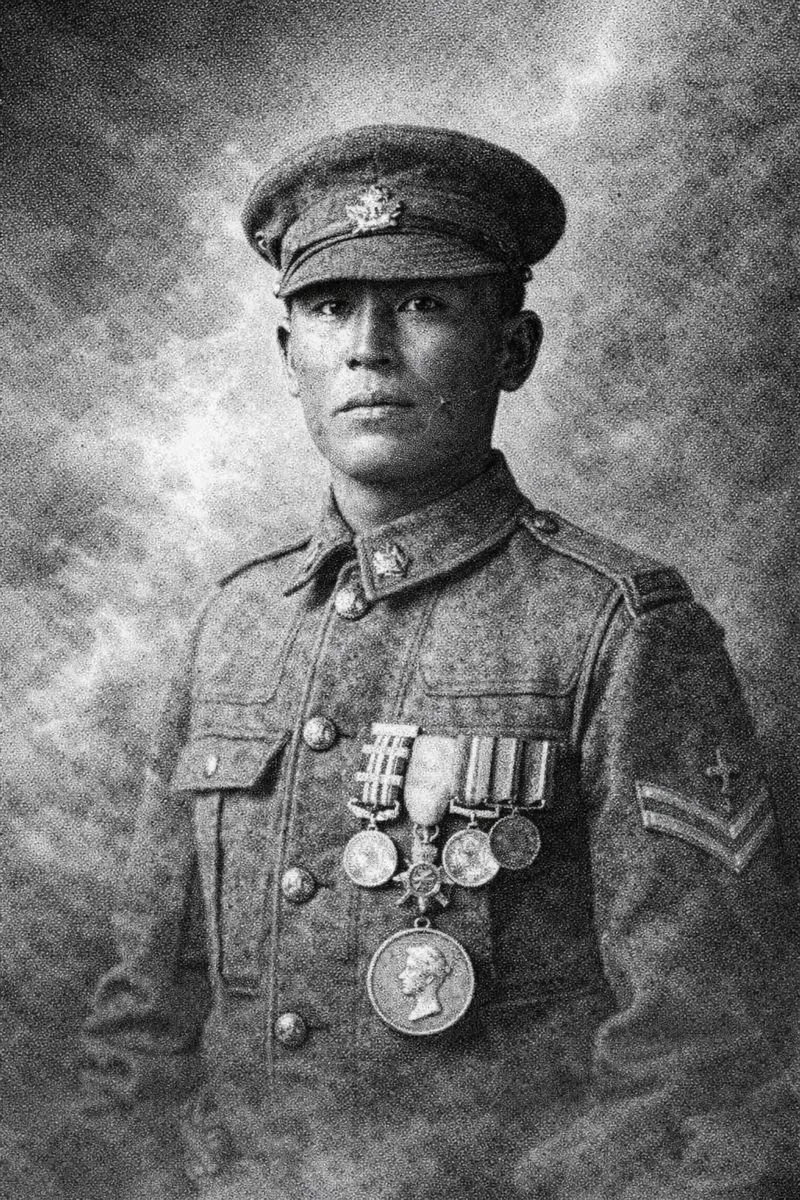


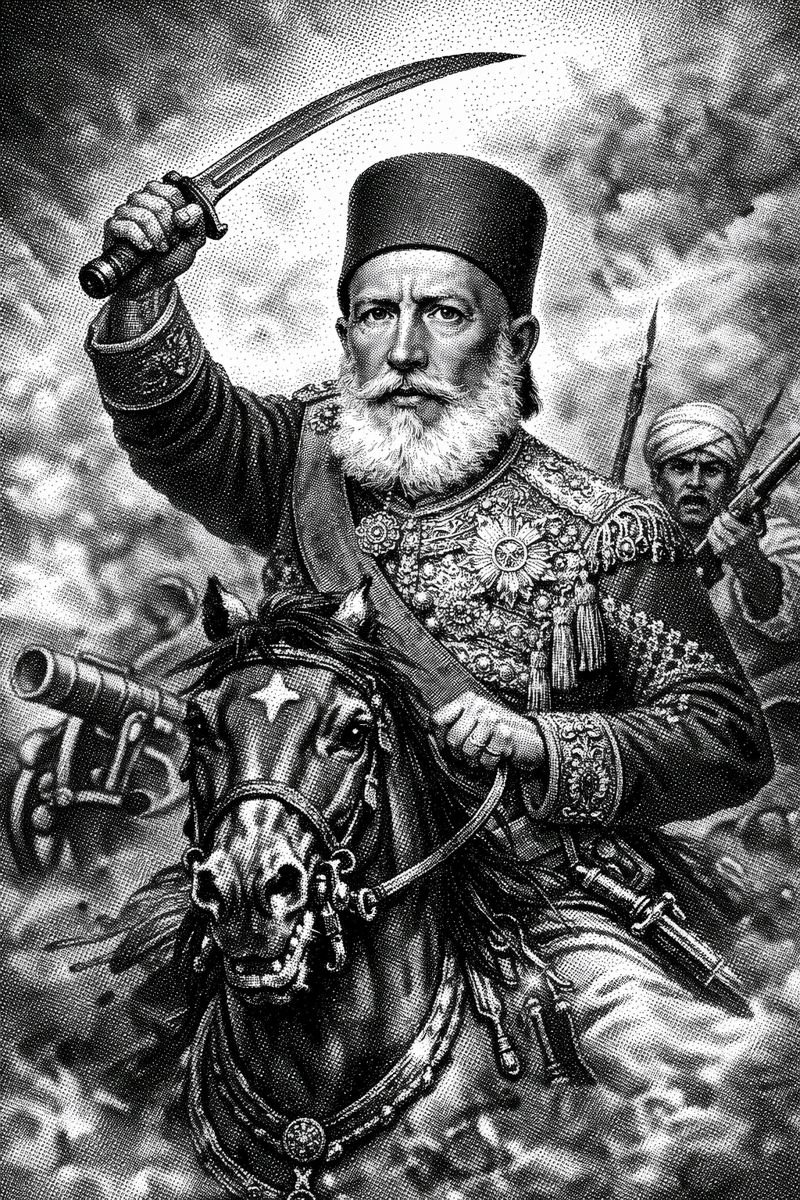
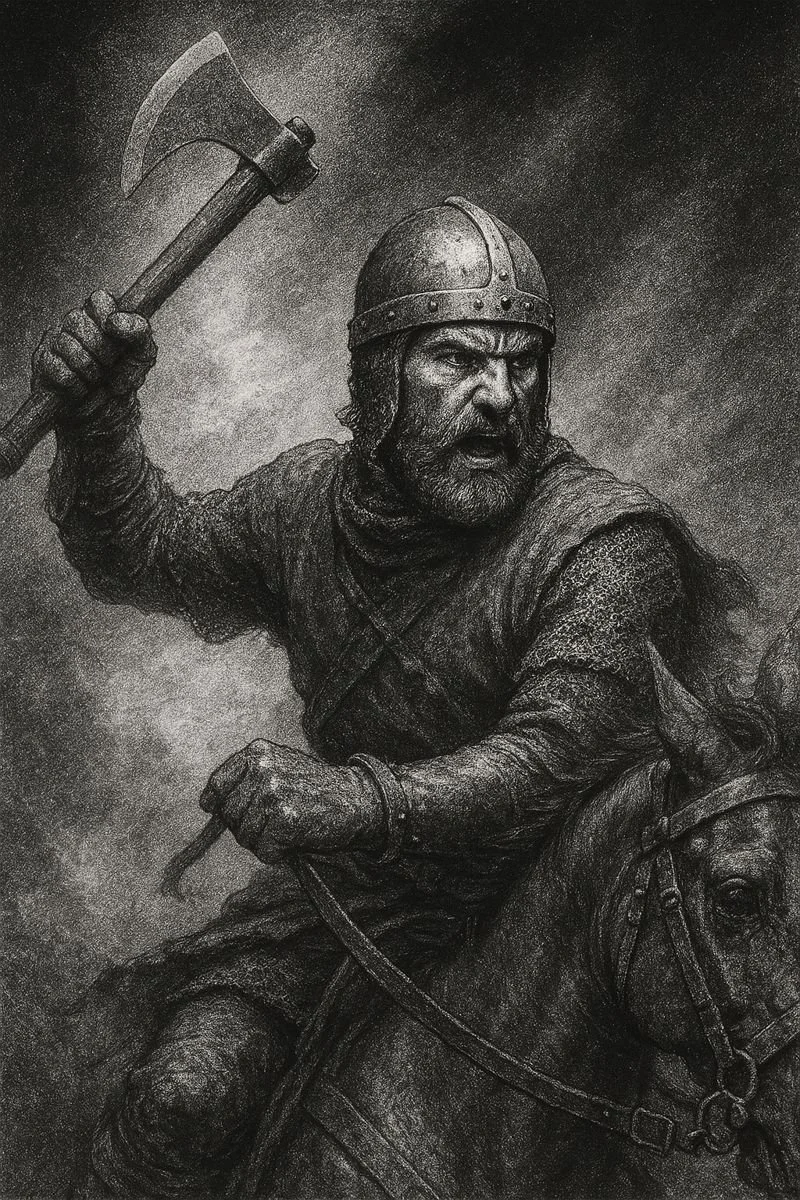
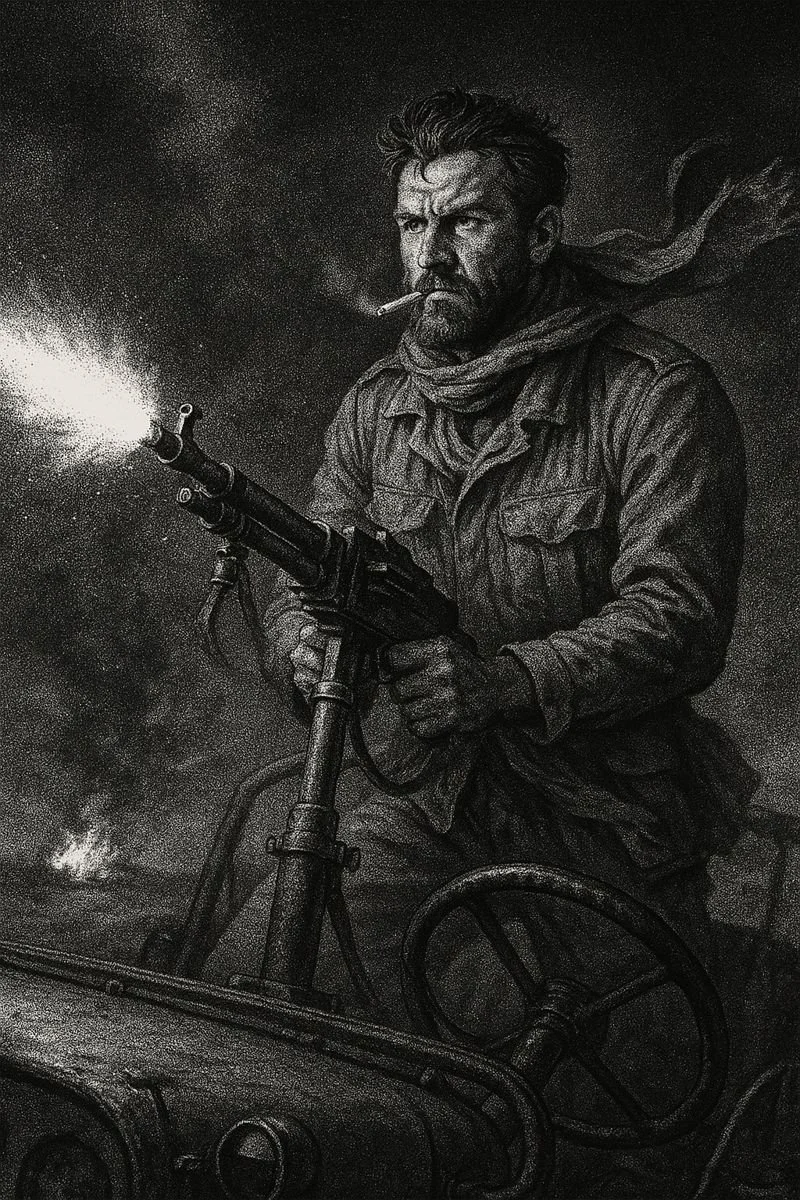





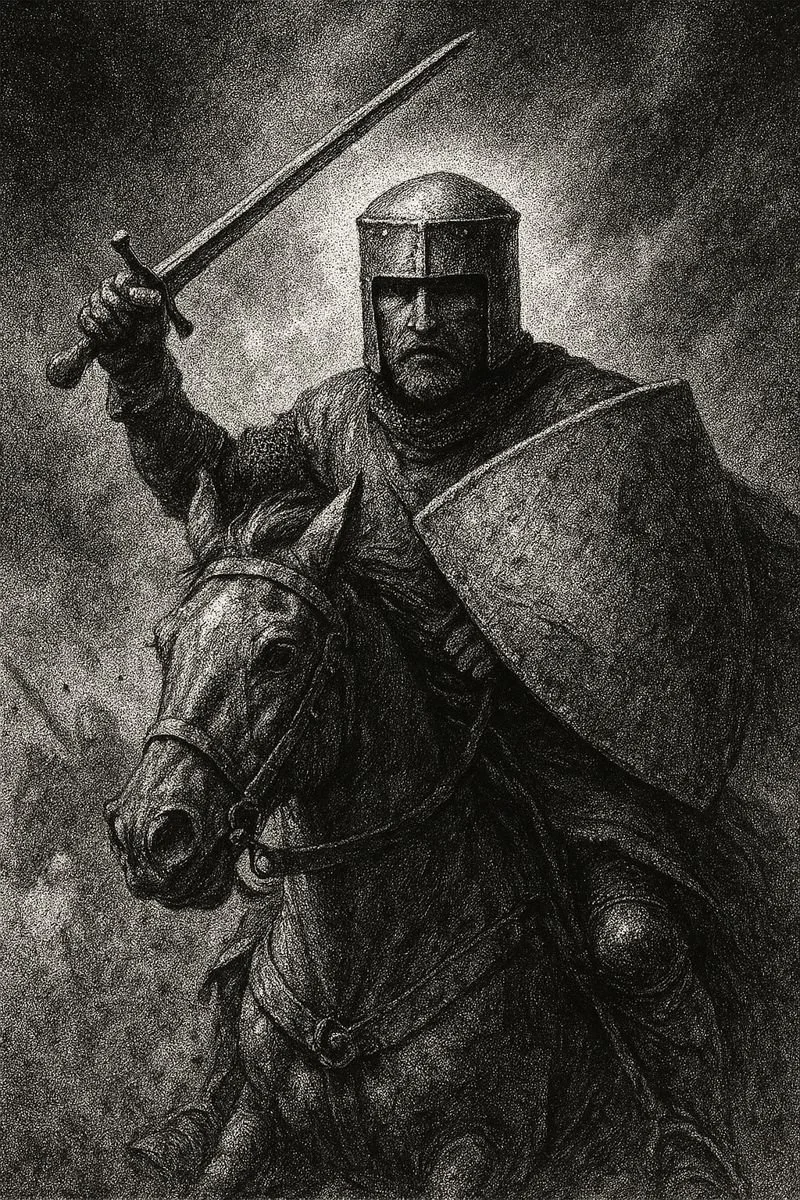


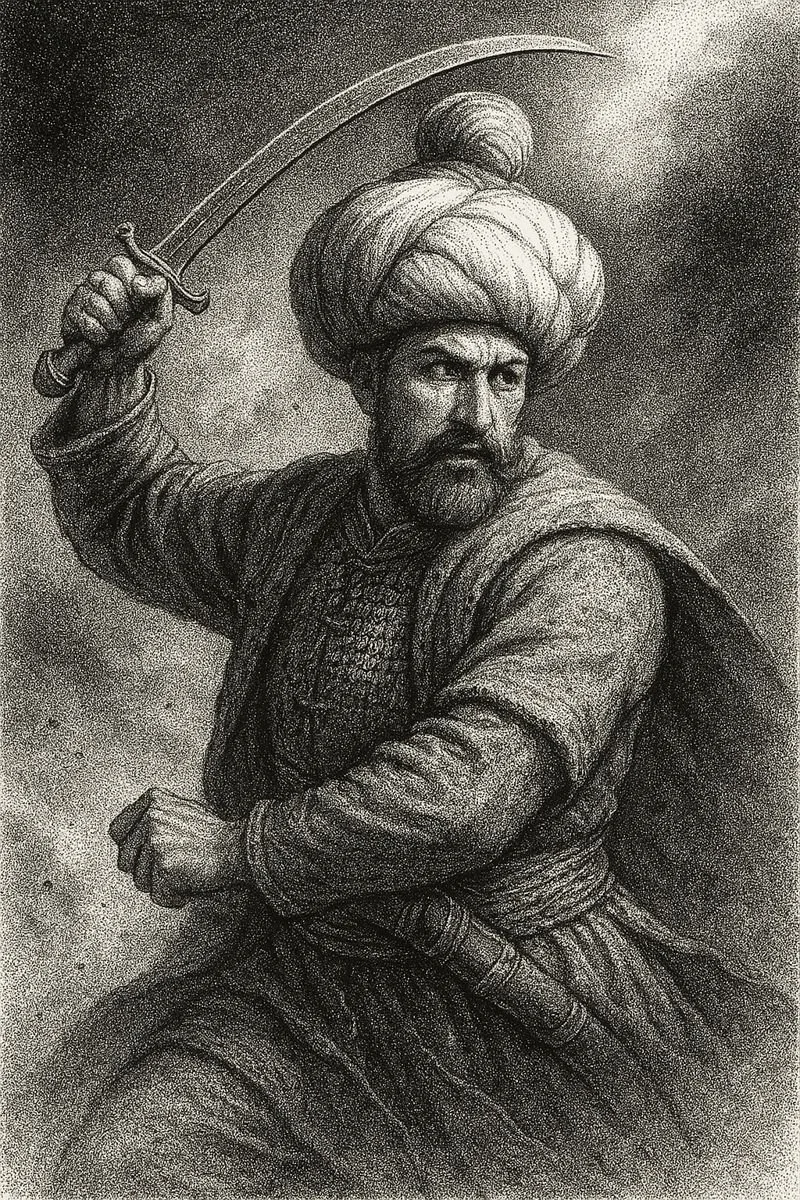
Charles XII of Sweden was a warrior-king who personally led his armies through the Great Northern War, turning early victories into legend through ferocious discipline and reckless courage. His refusal to compromise or retreat ultimately shattered Sweden’s empire, leaving behind a mythic figure admired for bravery and criticized for destroying everything he fought to protect.
Rank - 125